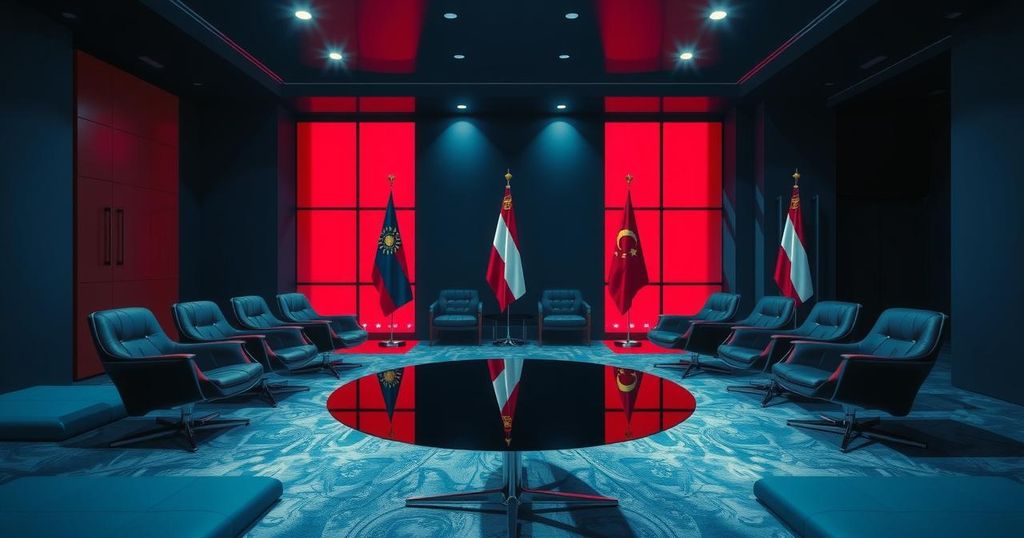Ecuadorian President Daniel Noboa criticized Nicolas Maduro for rejecting deported Venezuelans. He termed the act as reflective of authoritarianism and retaliation against the US’s revocation of Chevron’s license. This incident has heightened tensions between Ecuador and Venezuela amid regional migration disputes, further exacerbated by the US’s involvement in Venezuela’s affairs.
Ecuadorian President Daniel Noboa expressed significant criticism towards his Venezuelan counterpart, Nicolas Maduro, for declining to accept deported Venezuelan migrants. He characterized this rejection as a “miserable” act that exemplifies authoritarian governance. Noboa suggested that Maduro’s actions are a retaliatory measure against the United States’ decision to revoke Chevron’s operating license in Venezuela.
On social media platform X, Noboa highlighted that Maduro has acknowledged impacts on flights intended to retrieve deported migrants, indicating that behind the scenes, the Venezuelan government warned of such actions in response to US sanctions. Noboa argued that Maduro’s refusal to accept his citizens reveals a severe lack of empathy.
As tensions rise between Ecuador and Venezuela, Noboa’s statements come at a precarious time, exacerbated by regional disputes over migration policies. Economic hardship and political repression in Venezuela have caused mass emigration, and Maduro’s refusal to accept deported nationals is likely to provoke further diplomatic issues, especially with the United States and other Latin American countries grappling with an influx of migrants.
The US’s decision to cancel Chevron’s operational license has exacerbated the already tenuous relationship between the US and Venezuela. The cancellation came amidst concerns regarding Maduro’s failure to implement democratic reforms. In retaliation, Venezuela has accused the US of economic hostility, further complicating the humanitarian situation for deportees left stranded abroad.
In summary, President Daniel Noboa has publicly criticized Venezuelan President Nicolas Maduro’s refusal to accept deported Venezuelans, deeming it an egregious act of authoritarianism. The incident has escalated tensions between Ecuador and Venezuela, coinciding with broader regional challenges related to migration and US foreign policy. The ongoing situation reflects the complexities of international relations in the context of migration and human rights.
Original Source: www.aa.com.tr




